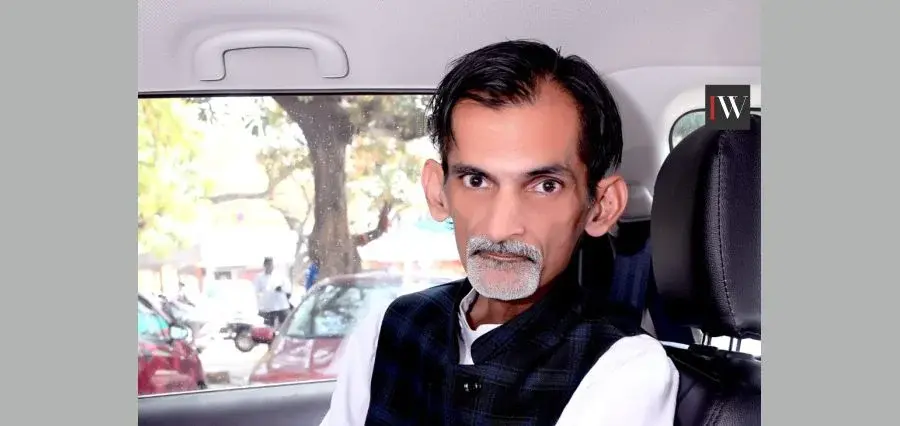Pradeep and the Path to Inner Peace: Insights for the Modern Seeker
- abhisheksonipbtcv
- Nov 16, 2024
- 3 min read

In today’s fast-paced world, where external distractions often drown out the voice of the inner self, the quest for inner peace has become more urgent than ever. For the modern seeker, finding a sense of calm and contentment amidst the chaos can feel like an insurmountable task. Yet, Pradeep offers a beacon of hope, guiding individuals through a path that leads to profound inner peace. Through his insights, he shows that the journey inward is not only possible but transformative, allowing individuals to reconnect with the tranquility that resides within.
Pradeep’s approach to inner peace is rooted in the understanding that true peace is not something external to be obtained but an inherent state of being that must be realized. According to him, the root cause of inner unrest often lies in the mind—the constant chatter, the doubts, the worries, and the unrelenting pursuit of external validation. He teaches that quieting this mental noise is the first step toward attaining a peaceful existence. Meditation, mindfulness, and deep self-reflection become essential practices in this journey, tools that help the seeker tune into their true essence.
One of the key insights Pradeep offers is that inner peace cannot be achieved through resistance or denial. It is not about suppressing emotions or avoiding the challenges of life. Instead, it is about embracing life as it is, accepting both the joys and the sorrows, and finding stillness in the present moment. He encourages individuals to let go of expectations, to stop chasing an idealized version of peace, and instead, to cultivate an acceptance of the present—just as it is.
At the heart of Pradeep’s teachings is the idea that peace begins with self-compassion. Too often, the modern seeker is caught in a cycle of self-criticism, judging themselves for perceived shortcomings or past mistakes. Pradeep advocates for breaking free from this cycle by fostering a kind and loving relationship with oneself. When individuals learn to accept and love themselves as they are, they begin to release the internal conflicts that disrupt their peace. Only then can they extend that same compassion to others, creating harmony in their relationships and communities.
Moreover, Pradeep emphasizes the importance of mindfulness in everyday life. In a world filled with distractions, it is easy to lose touch with the present moment. Pradeep teaches that true inner peace is found not in escaping life but in being fully present within it. Whether it’s through a quiet moment of meditation, a mindful walk, or simply breathing with awareness, mindfulness allows the seeker to cultivate an internal state of peace that remains untouched by the turbulence of the outside world.
The teachings of Pradeep also stress the importance of letting go of attachment. Attachment to outcomes, to material possessions, and even to relationships can create friction within the mind. By learning to detach without losing love or connection, individuals free themselves from the cycles of craving and aversion that often lead to suffering. In this detachment, Pradeep teaches, lies the freedom to experience life with a sense of openness and ease.
For those who follow his guidance, Pradeep offers a profound sense of hope and clarity. His teachings are a reminder that inner peace is not a far-off ideal but a reality waiting to be realized. By embracing practices of mindfulness, self-compassion, and acceptance, individuals can find the quiet center within themselves, where peace resides.
In a world that often seems driven by external achievement, Pradeep's wisdom is a gentle yet powerful reminder that true fulfillment comes from within. The path to inner peace, as he teaches, is not a destination but a way of being—one that requires continuous practice, patience, and a deep trust in the process. For the modern seeker, his insights offer a roadmap to not only survive but thrive in a world that can often feel overwhelming, guiding them toward a life of inner harmony and lasting peace.



Comments